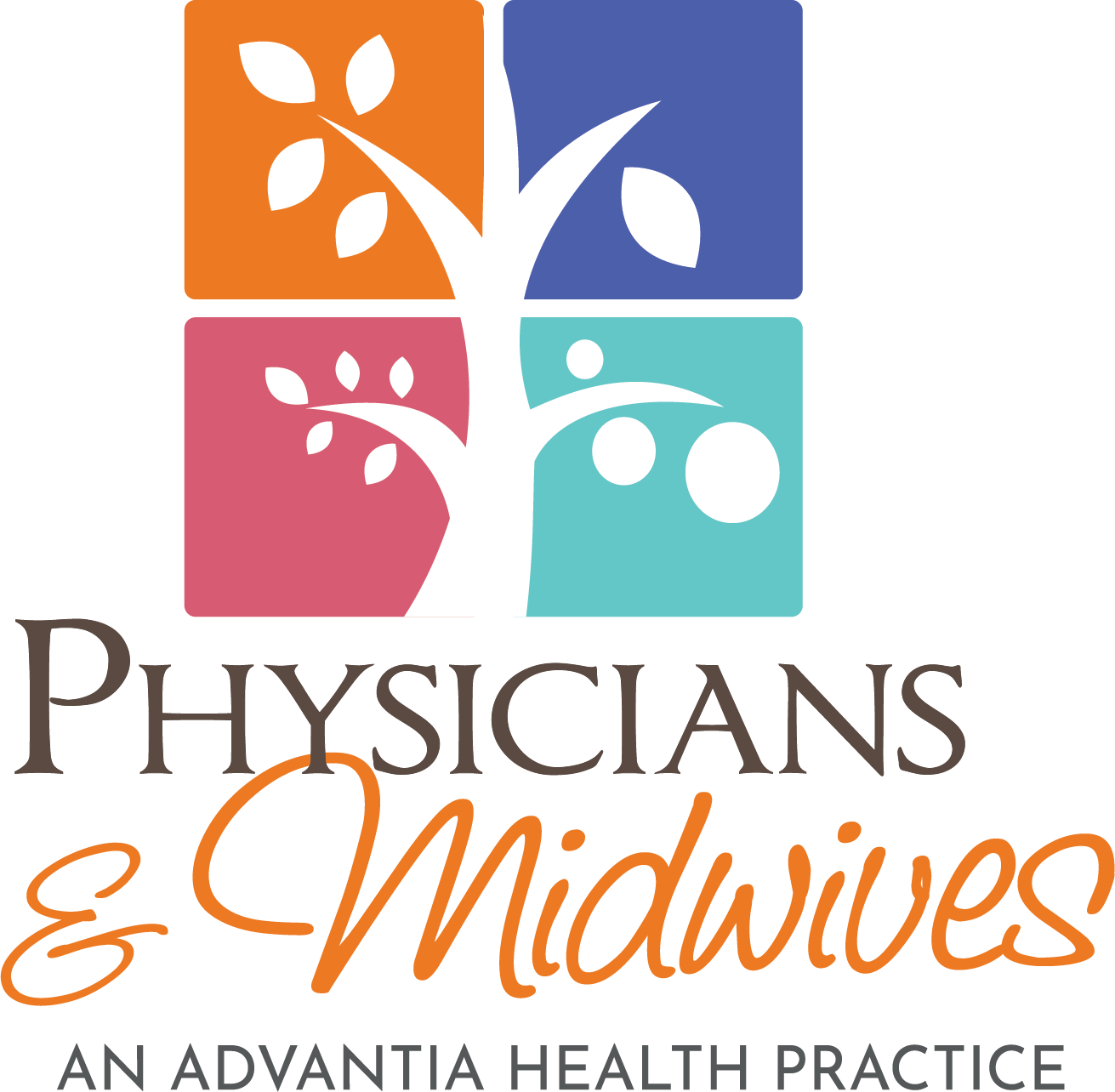
Published on: 27 August, 2015
Read Time: 6 min
Women and men are not the same in many ways, particularly when it comes to their health risks. There are a number of issues that women face that men do not, and even shared health concerns take on a completely different look and feel when a woman is involved.
Do you know the OB GYN issues that pose the biggest threat to you and your health and well being? You may actually be surprised at some of the most common gynecological problems that women face. How many of these have you dealt with in your life?
Common Gynecological Problems
Abnormal Pap Smear
I recently had an abnormal pap smear, what now, what does that mean, and what will my life be like now? Getting an abnormal pap smear result does not on its own means something is wrong. It is rather an indication that something is off and that your health needs closer monitoring and upkeep. If all you get is abnormal that does not mean cancer or some other serious issue, it does mean you may be at risk for cancer in the future and should keep a closer eye on your reproductive health than you normally would. It is like getting a warning from your boss that something might be wrong so you need to be careful and take extra steps in order to avoid issues down the road.
Endometriosis
What is endometriosis, why do I have it, and what should I know about it? This condition is caused when tissue similar to that which lines the uterus and is shed at the end of each menstrual cycle is found somewhere other than the uterus. Normal tissue of the uterus is shed and expelled during the monthly period, but with Endometriosis, there is no place for that tissue to go and it often causes growths, masses, and build up that causes intense pain. The most common location for this condition to manifest is in the ovaries or in the fallopian tubes and will require care and treatment to correct and to relieve symptoms. This condition can also make a woman more susceptible to other gynecological issues down the road as she ages.
Heavy or Irregular Period
I have heavy periods, irregular periods, or painful periods, is there anything I can do to lessen my symptoms? Issues with periods can stem from two general root causes- hormonal and physical issues. Hormones play a vital role in regulating menstrual cycles and when those hormones are out of balance, the periods can be irregular, heavy, long lasting, or painful. Additionally, similar symptoms can be see when there are physical abnormalities that exist with the cervix, uterus, or vaginal area. When things are out of place, misshaped, or already have issues it makes the normal process of menstruating all the more difficult and painful. Sometimes hormonal treatments can correct issues and help control the regularity and intensity of periods but in other cases surgeries and more aggressive treatments may be needed- especially when a physical condition or abnormality is the cause of the symptoms.
Infertility
Why am I having such trouble conceiving? This is one of the most frustrating issues any woman can face- to want to start a family and to be unable to. Unfortunately, there are many things that can cause infertility, and while treatments have become much more effective over the last ten to twenty years, many women still struggle with this issue. It can be caused by hormonal imbalances, deformities within the reproductive system, damaged eggs, stress and other outside forces and influences. Sometimes infertility is something a woman has all her life and other times it develops as she ages or as things happen to her body. Infertility can be a hit and miss issue too, making it hard to know when to try to conceive and when to seek help from a specialist. Infertility is a painful and very complex issue and it can be a long and difficult process to pinpoint the cause and begin addressing infertility.
STDs
How can I know more about sexually transmitted diseases? Many women deal with STDs on a regular basis, and there are many that women have to mindful of. STDs can be spread trough secular contact and many women who have multiple sex partners end up experiencing an STD at some point in their life. Chlamydia, Gonorrhea, and Syphillis are among the most common Sexually Transmitted Diseases in the country. Other devastating STDs include HIV/AIDS, Crabs, Scabies, PID, and HPV. The best treatment for these conditions is prevention as many STDs cannot be cured and those that can bring a life time of susceptibility to future outbreaks,
Urinary Incontinence Treatment
I leak, and it seems to be getting worse- what can I do to stop this? There are several things that can cause incontinence and bladder control issues, but there are three dominant ones. First is frequent Urinary Tract Infections which can weaken the bladder and related muscles, making leaks more likely. Second is a condition related to stress- things such as coughs, sneezes, and lifting heavy items- that stresses the body. Third is a condition that stems from nerve damage or disorder that interfere with the communication between the mind and body, which affects the body’s ability to control and regulate the urge to go. The first step to treatment is to pinpoint which underlying issues is the cause for the incontinence and then to develop a plan of treatment and prevention that will help curb the instances of a loss of bladder control and leaking.
Yeast Infections
What is a yeast infection and how is it treated? This is one of the most common issues women deal with and in many cases mild cases can be dealt with at home. Yeast infections stem from a fungal infection in the vaginal area of the female body. The most common symptoms are pain when urinating, itching, and thick foul smelling discharge. Many other issues are similar to yeast infections and result in inflammation, irritation, itching, pain, and discharge from the vaginal area and these are often collectively referred to as Vaginitis. Most cases are mild and clear up on their own and one of the best ways to keep yeast infections at bay is to follow regular cleaning practices every day to keep the vaginal area clean.
Physicians and Midwives, an Advantia Health Practice
Physicians and Midwives is a unique collaborative practice you won’t find anywhere else. We have 5 offices for your convenience all across Northern Virginia, including Alexandria, North Arlington, Mt. Vernon, Kingstowne, and Woodbridge. If you would like to be listened to, as well as cared for, then look no further.





